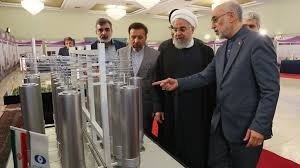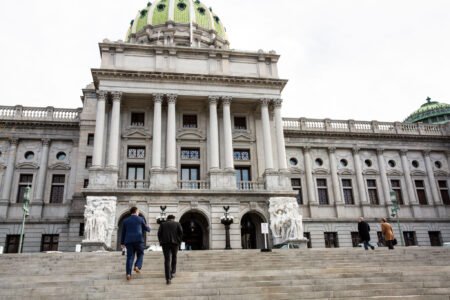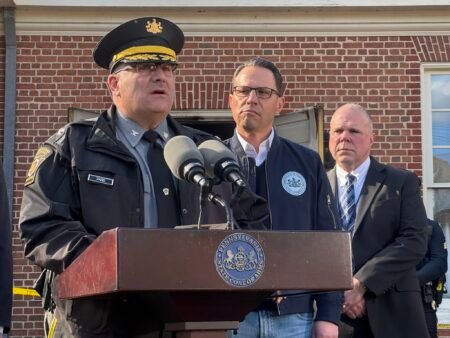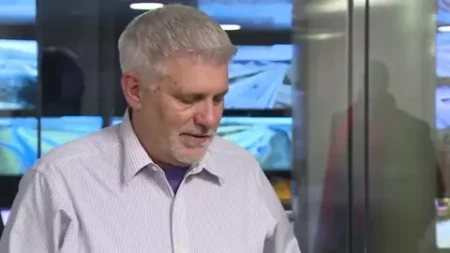Iran is under mounting pressure from the international community to restore full cooperation with the International Atomic Energy Agency (IAEA) after months of restricted access to its nuclear facilities. Officials in Tehran have signaled that a compromise could be possible, though they continue to accuse Western powers of hypocrisy in their approach to nuclear oversight.
Diplomatic sources say talks aimed at reviving inspections are expected to restart soon, with negotiators hoping to break a stalemate that has lasted for much of the year. The IAEA has repeatedly raised concerns about Iran’s limited transparency and its refusal to grant inspectors access to key facilities, including enrichment sites. These restrictions have fueled growing fears about the country’s nuclear ambitions.
Tehran maintains that its nuclear program is for peaceful purposes, rejecting claims that it seeks to develop weapons. Iranian officials argue that Western countries apply double standards, pointing to nuclear-armed states that are not subject to the same level of scrutiny. Despite these accusations, Iranian leaders have hinted they may be open to restoring some level of oversight in exchange for concessions, particularly relief from economic sanctions.
The United States and European powers have made clear that restoring inspections is a central condition for reviving wider nuclear diplomacy. Without access, they argue, it is impossible to verify the scope of Iran’s nuclear activities or ensure compliance with international agreements. The issue has become increasingly urgent as Iran continues to enrich uranium at higher levels, edging closer to the threshold needed for weapons capability.
The IAEA has urged Tehran to return to “full transparency” and warned that continued restrictions undermine global trust in its nuclear program. Agency officials stress that technical monitoring is not political but a safeguard essential to maintaining international stability. Several governments have echoed this stance, emphasizing that trust can only be rebuilt if inspectors are allowed unrestricted access.
Regional tensions add further complexity. Israel has repeatedly expressed alarm over Iran’s nuclear advances, warning that it reserves the right to act if diplomacy fails. Gulf states, while cautious, also fear a destabilizing arms race if Iran’s program remains unchecked. The stakes are high, with broader Middle East security tied to the outcome of the negotiations.
Inside Iran, leaders face domestic pressure as well. Hardliners argue that concessions to the West have brought little benefit, while reformist voices say restoring oversight could ease isolation and help stabilize the economy. The debate underscores the difficulty of balancing international demands with political realities at home.
Economic factors are also driving the talks. Sanctions have severely weakened Iran’s economy, limiting oil exports and cutting off access to global markets. Analysts believe Tehran’s willingness to signal compromise reflects the urgent need for economic relief. Restoring inspections could pave the way for a broader deal that might unlock trade opportunities and foreign investment.
Western diplomats say they are cautiously optimistic but stress that actions will matter more than words. “Signals of compromise are welcome, but real steps are needed,” one European official noted. The next round of discussions will be closely watched for signs that Iran is ready to make tangible commitments rather than issue broad statements.
The outcome of the Iran IAEA nuclear inspections talks will have far-reaching consequences for global security and the future of non-proliferation. Success could reduce tensions and stabilize energy markets, while failure risks escalating confrontation in an already volatile region.
As negotiations prepare to restart, the international community is watching closely. For Tehran, the path ahead requires balancing sovereignty, domestic politics, and the urgent need for economic relief with the demands of transparency and accountability. Whether compromise will translate into meaningful change remains to be seen.







